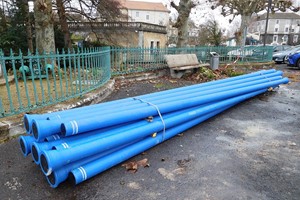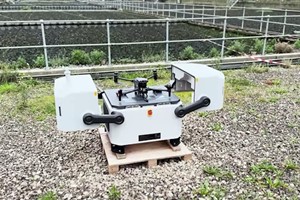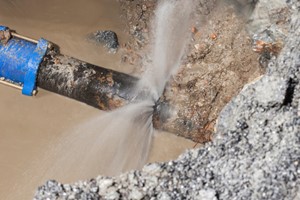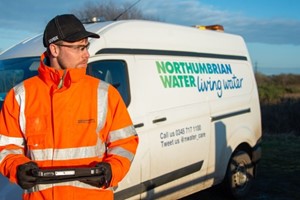New data indicates that fewer properties now require inspection for lead pipes, although the introduction of new technology for this purpose will incur significant costs. In November, the Baltimore City Department of Public Works (DPW) informed 11 News Investigates that approximately 230,000 water pipes in Baltimore City and Baltimore County needed to be checked for lead. However, in an update presented on Wednesday morning before the Baltimore Board of Estimates, the DPW revised this number to 177,000 water pipes on private property.
According to the DPW, 4,200 residents of Baltimore City and Baltimore County have already checked their water pipes for lead and completed the DPW's online survey. Paul Sayan, the DPW's deputy bureau head of water and wastewater, stated that this represents $3 million in taxpayer funding that will not need to be spent on inspecting water pipes for lead.
The discrepancy in the number of water pipes needing inspection remains unexplained. DPW officials could not account for the difference in figures, with a DPW representative later stating via email that the department was "working on this request." WBAL-TV 11 News Investigates will provide an update should the DPW offer further clarification.
Additionally, on Wednesday morning, the city's spending board approved a $7.6 million contract for new technology designed to scan water pipes for lead. The DPW reported that the cost of testing each residence in Baltimore City and Baltimore County for lead pipes will range between $600 and $650. This estimate suggests that the total cost could be between $106 million and $137 million, assuming a conservative estimate of the per-residence cost multiplied by the number of homes requiring inspection.
11 News Investigates inquired with Comptroller Bill Henry, the city's top finance official, regarding the funding of the operating costs. Henry explained, "If people aren't going to go check their own pipes, then the city is going to have no other choice but to pay somebody else to come check them, and this is how much it's going to cost -- and this cost is not coming out of nowhere. This is going to come out of the money that's available from water and wastewater fees." He noted that this implies taxpayers in Baltimore City and Baltimore County will bear the financial burden of the $100 million cost.
By Tolly Taylor














